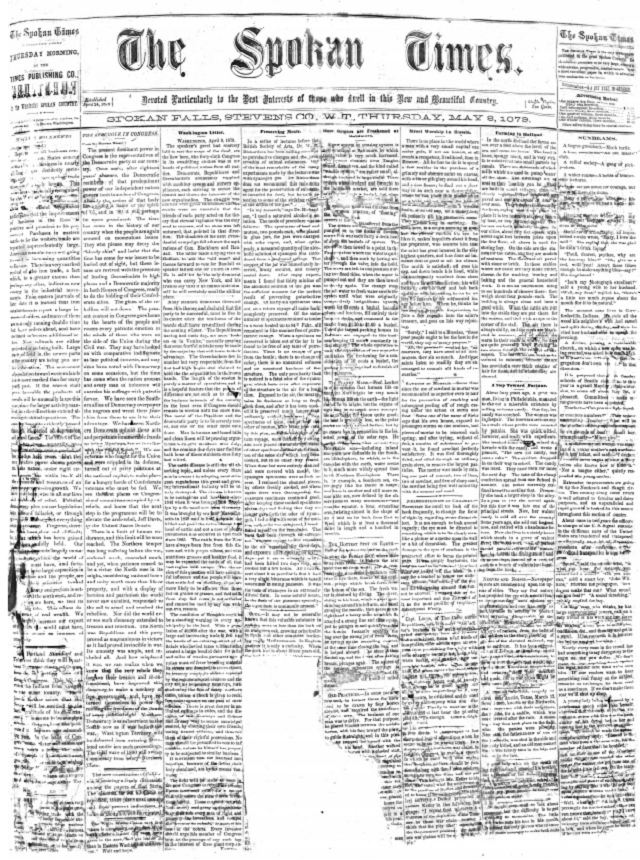
The Washington Health Benefit Exchange also has jettisoned the most problematic aspect of its system – having the state act as middleman between customers and insurers for payments. State residents who want to compare insurance plans likely will be spared the delays and computer crashes shoppers experienced two years ago. Third year beginsĪs the third year of “Obamacare” dawned Sunday and Americans began shopping online for next year’s health insurance, Washington officials expected to avoid some problems that plagued the state’s website when it debuted in 2013. All they want, Fackler said, is a modest bridge to the security of Medicare. The Russells are typical of many clients between 55 and 65 – they are trying to balance jobs and affordable health insurance in a roller-coaster economy. On Thursday, Donna was reviewing her options with Curt Fackler, a navigator with Better Health Together who helps people sort through the complicated medical insurance landscape. But it would also boost their household income and wipe out any subsidy, giving them a premium as high as $1,000 a month.

Or Donna could go back to work, which could make insurance easier to afford. That’s more than they were paying for the coverage through Stephen’s employer. Their household income is just below 400 percent of the poverty level, a magic number that qualifies them for a federal subsidy to help pay their premium of about $460 a month.


That was a few months after Donna took an early retirement from her job as a credit union teller. Stephen’s employer told workers in July it was dropping its fairly generous medical coverage because paying the federal penalty is cheaper. In their early 60s, the Deer Park couple are too young for Medicare. Thanks to the Affordable Care Act, they’re in the market for health insurance. Donna and Stephen Russell are part of America’s newest and largest group of shoppers.


 0 kommentar(er)
0 kommentar(er)
